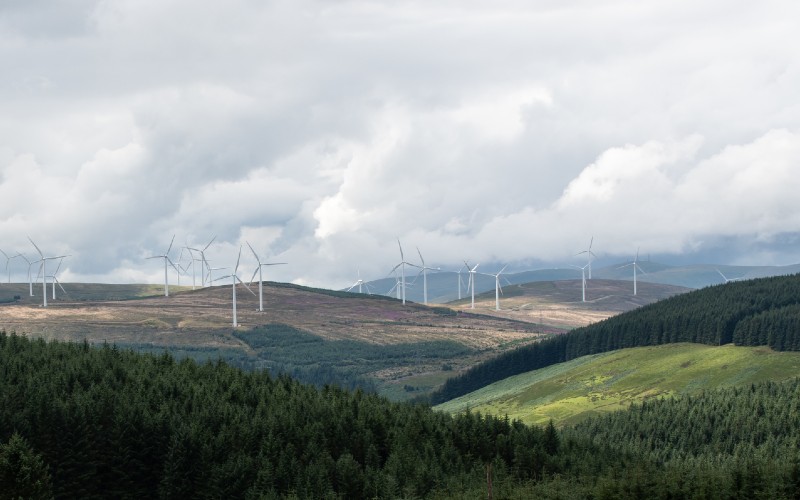
The last nine months has seen a huge increase in the number of inquiries made to farmers and rural land owners from developers seeking to construct wind farm and battery storage projects. Some sites previously considered uneconomic are now viable. Land which might not be suitable for wind turbines could still be suitable for solar panels. Proximity to the National Grid and in particular substation sites is important in relation to battery storage.
A number of developers include exclusivity wording in their heads of term and as a result landowners can be locked into poor deals from the outset, probably before they consider taking advice. Please speak to your lawyer, accountant and land agent in connection with the type of documentation, the tax opportunities and also the financial deal on offer.
In addition to the income which they bring, there are also opportunities for succession planning. The land is frequently transferred to a new limited company owned by the farmer. It is crucial that this is done before the option agreement is signed since as soon as it is the value will increase. This is important for capital gains tax purposes.
Using a company gives an opportunity to share the income amongst non-farming members of the family as part of overall succession planning. Alternatively, the farmers themselves might retain all of the shares so that the income from the project supplements that from farming. By the use of a limited company, the land owners can hold the income from the project and release it by means of dividends in a more tax efficient manner to them.
At the same time as giving opportunities in relation to succession planning, the increase in value of the landlord's interest in the renewables site (as landlord and its income generation) can also present difficulties in relation to the law of succession. This is particularly so if the land is owned by a partnership or company. Very often a review of Wills is required in order to consider what could otherwise be unintended consequences.
A key aspect which rural land owners must consider when they might lease ground to a developer for a renewables project is habitat management. Depending on the project, the damage to the environment caused by the development might have to be offset by improvements to the habitat elsewhere on the farm. Habitat management could include improving drainage, removing drainage to create wetland, peat restoration, and enhancement to flora and fauna by planting trees. The farmer has to consider where this might be best placed on their land so as to cause the minimum interference to their business. It is important that the landowner considers this at the outset because when the developer is at advanced stage of obtaining consents, the developer by then might be severely restricted in what it can accept and must therefore impose habit management requirements on the landowner.
